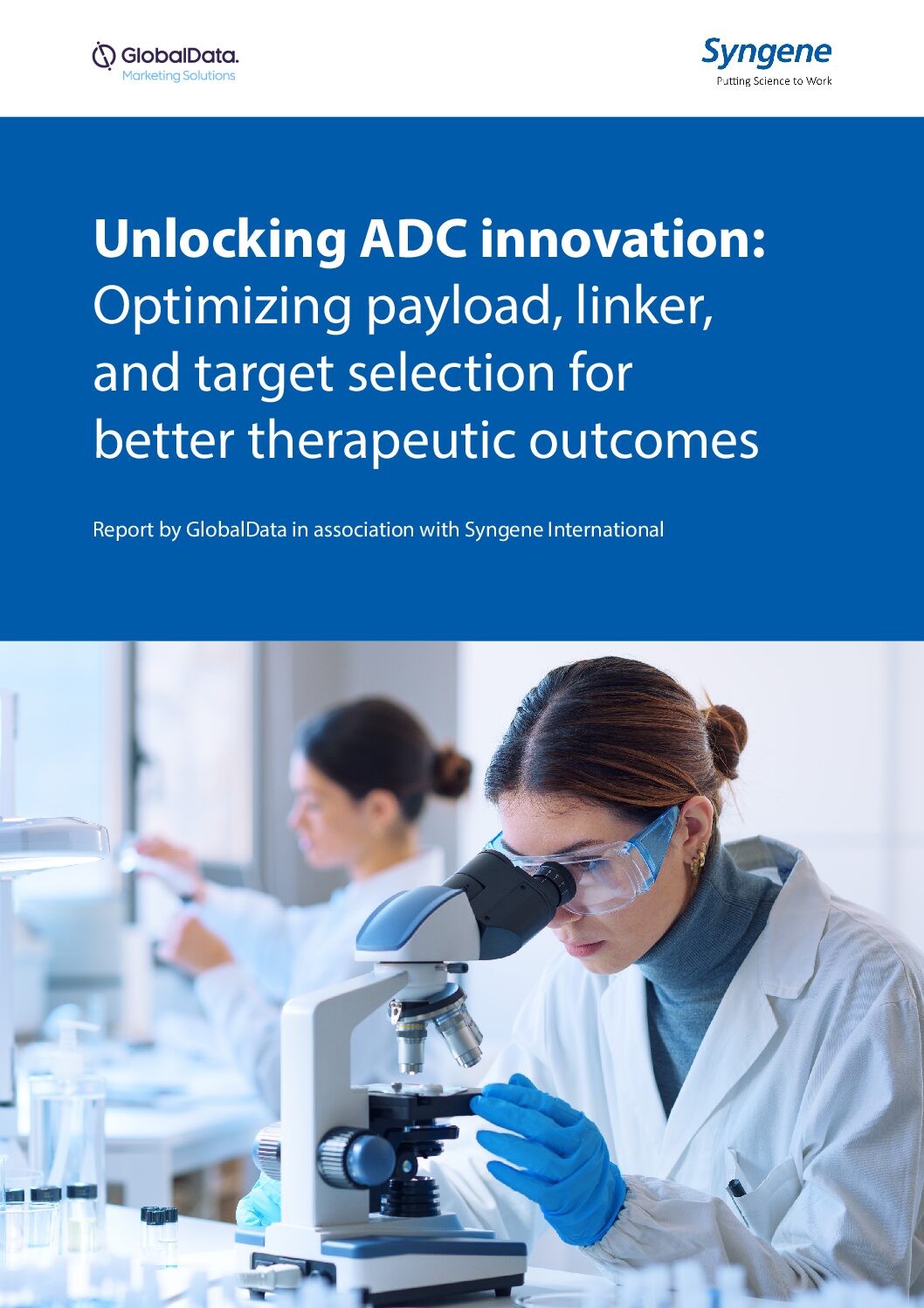

Swiss oncology firm Veraxa Biotech is set to go public in the US through a merger with Voyager Acquisition Corp, a healthcare special purpose acquisition company (SPAC).
The deal, expected to close in Q4 2025, will list Veraxa on the Nasdaq stock exchange, trading under the ticker symbol VERX. The deal also gives Veraxa access to US capital markets as it continues to expand its pipeline of targeted cancer therapies.

US Tariffs are shifting - will you react or anticipate?
Don’t let policy changes catch you off guard. Stay proactive with real-time data and expert analysis.
By GlobalDataThe merger values the combined entity at approximately $1.64bn on a pro forma equity basis, assuming no shareholder redemptions. Under the terms of the agreement, Veraxa’s shareholders will receive around 130 million shares in the newly formed company, priced at $10 per share. Veraxa’s equity contribution to the deal is valued at nearly $1.3bn.
Upon completion of the transaction, Veraxa will gain access to approximately $253m in cash currently held in Voyager’s trust account. The company also plans to pursue an additional financing round to further bolster its cash reserves and support ongoing R&D efforts.
Founded and incubated by Swiss investment firm Xlife Sciences, Veraxa is developing a range of antibody-based cancer therapies, including antibody-drug conjugates (ADCs) and bispecific T-cell engagers. Its lead clinical asset VX-A901 is an anti-FLT antibody in early-stage trials for haematologic malignancies. The candidate was added to Veraxa’s pipeline following the company’s 2024 acquisition of Synimmune.
Veraxa’s core innovation lies in its bi-targeted tumour-associated cytotoxicity (BiTAC) platform. The technology is designed to enhance the safety and specificity of antibody-based cancer treatments. It uses a dual-antibody approach that only forms an active therapeutic molecule when both antibody precursors bind simultaneously to distinct tumour-associated targets. This proximity-dependent activated mechanism is intended to reduce off-target toxicity – a common limitation of current immune-oncology therapies.
The company currently has three BiTAC programmes in preclinical development. Two of these target lung and pancreatic cancers, while the third is aimed at ovarian and breast cancers. Veraxa said that it will be pursuing multiple strategic partnerships and licensing opportunities in 2025 and 2026.
Veraxa’s CEO Christoph Antz said the company’s platform is designed to address the limitations of existing therapies in the 23 April announcement: “Side effects too often limit today’s cancer therapies and prevent doctors from applying optimal dose levels. Our latest platform innovation, the BiTAC format, is designed to specifically address this issue and create first-in-class drug candidates with unprecedented safety and efficacy.”
Voyager’s chairman Warren Hosseinion noted growing interest in ADC and bispecific antibody therapies as part of the rationale for the merger. “We believe next-generation ADCs and bispecifics will continue to revolutionise oncology, due to their significant improvement over standard of care treatments and higher probability of technical and regulatory success compared to other oncology drugs, as evidenced by multiple deals in excess of $1bn each since 2023 in this space.”
According to GlobalData figures, the antibody drug conjugate market was valued at $8.6bn in 2023, with expectations to exceed $45bn by 2030.
GlobalData is the parent company of Pharmaceutical Technology.
Recent transactions in the space support the positive outlook. In October 2023, MSD entered a co-development deal with Daiichi Sankyo worth up to $22bn for three ADC assets. Around the same time, GSK secured exclusive rights to Duality Biologics’ gastrointestinal ADC candidate DB-1324 in a deal worth over $1bn. In March 2025, Sanofi announced it would acquire Dren Bio’s bispecific antibody DR-0201 for up to $1.9bn.
Other major ADC transactions include a $1bn licencing agreement between Danish biotech Adcendo and China-based Multitude for ADCE-T02, a tissue factor-targeting ADC.
ADC content on Pharmaceutical Technology (Or Clinical Trials Arena) is supported by Syngene. Editorial content is independently produced and follows the highest standards of journalistic integrity. Topic sponsors are not involved in the creation of editorial content.






